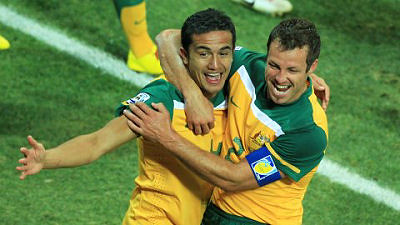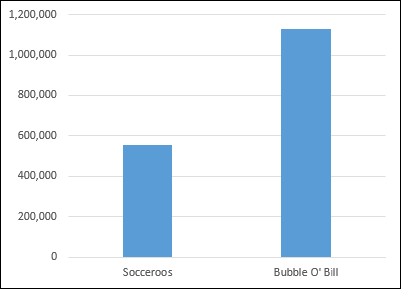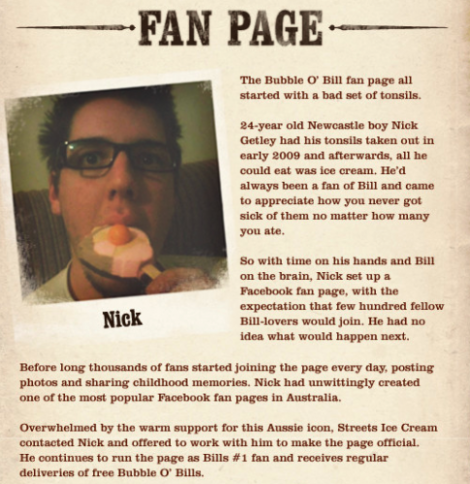As Australia bows out of the World Cup, please forgive my first‑ever off‑topic post…

As usual, the Socceroo journey was characterised by adversity.
The ball was the first bone of contention: neither the A‑League nor the EPL (where many Aussies play) had used the physics-defying Jabulani, while the Bundesliga had been using it since January.
Our first opponent? Germany.
Following our 4-0 drubbing by the Mannschaft, out came the predictable rumours of discontent in the camp. Given Australia’s squabbling during the 2007 Asian Cup, it was believable.
However, my constant source of consternation is the inconsistent and, in my view, biased behaviour of the referees.
For example, what’s the difference between the following incidents?
Incident A: The defending player clumsily falls into the opposing player, knocking his calf and catching his foot with his shin.
Incident B: The defending player launches into the opposing player, feet first, studs up.

Answer: Incident A was committed by an Australian and attracted a red card, while Incident B was committed by a Spaniard and – according to the referee – did not even warrant a free kick.
Olé!
Not convinced?
OK, what’s the difference between these incidents?
Incident C: The defending player is standing on his goal line when an opposing player rockets it towards him from outside the six-yard box. In an instant the ball crashes into his shoulder and rolls down his arm.
Incident D: The attacking player chips the ball over a defender, raises his arm to tap the ball to his feet, then scores.

Answer: Incident C was committed by an Australian and attracted a red card. In contrast, Incident D was committed by a Brazilian, the goal stands, and the FIFA-appointed referee had a little chuckle about it with the player.
Bocó de mola.
Onwards and upwards
But this article isn’t about sour grapes. I concede we got out-played.
Nor is the article about FIFA-sponsored incompetence and injustice.
It’s about overcoming all of that.
A new approach
In the 1970s, the Dutch perfected the art of “Total Football”, whereby any player can step into any position on the field and maintain the structural potency of the team. Ajax used it to take out their national league and several European cups, while the Oranje rode it into the 1974 World Cup final – and nearly won it.

Now I certainly don’t suggest that the Socceroos adopt total football as a panacea, although we inevitably need to incorporate elements of it into our blueprint.
No – with a population barely cracking 20 million, a football market cannibalised by four competing codes (not to mention cricket), and the tyranny of distance denying us frequent quality competition, our technical prowess isn’t going to escalate overnight.
Combine that with our general lack of clout among the Europeans and South Americans who control FIFA. The Socceroos will be considered minnows of the game for the foreseeable future, and we will be treated with commensurate disdain.
We need to do something different
I suggest we take a leaf out of Holland’s book and develop our own style of football. Something that will complement Australia’s natural strengths of spirit, determination, and a dash of British sportsmanship.
I call it “Honest Football”…
• No diving.
• No faking mortal injury.
• No contesting throw-ins you know aren’t yours.
• No calling off-sides you know don’t exist.
• No claiming goal kicks you know are corners.
• No rough play.
In other words, forget all the gamesmanship and focus on playing pure football.
Revolutionary, eh?
This idea may seem counterproductive, especially when every other team will be whinging and whining and cheating their way through tournaments.
But there’s no point in competing on that level. We can’t do it as well as they can, we don’t even want to do it, and referees don’t take much notice of us anyway.
Let’s turn our problems on their heads
We all know football is about perception, so let’s build our own reputation for clean play.
If we are genuine about it, we might be able to generate goodwill, and in a more practical sense, persuade referees to treat us more fairly.
We might as well give it a go. The way I see it, we have nothing to lose.










